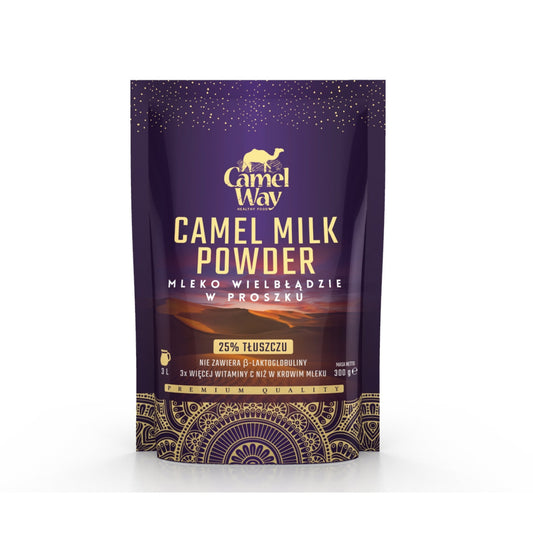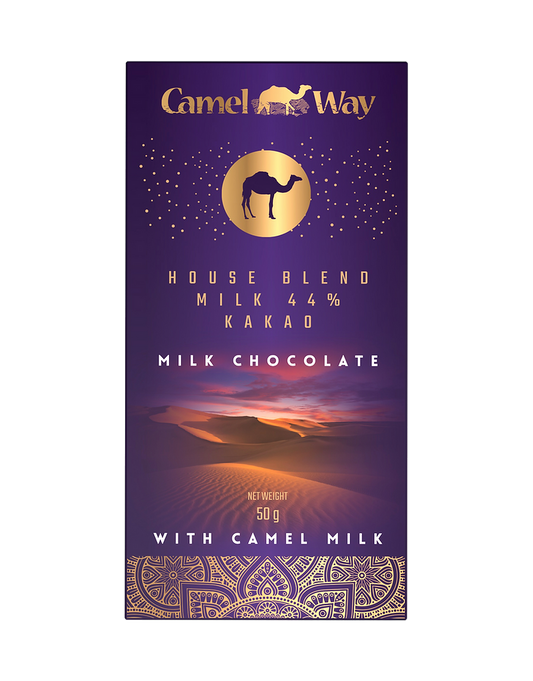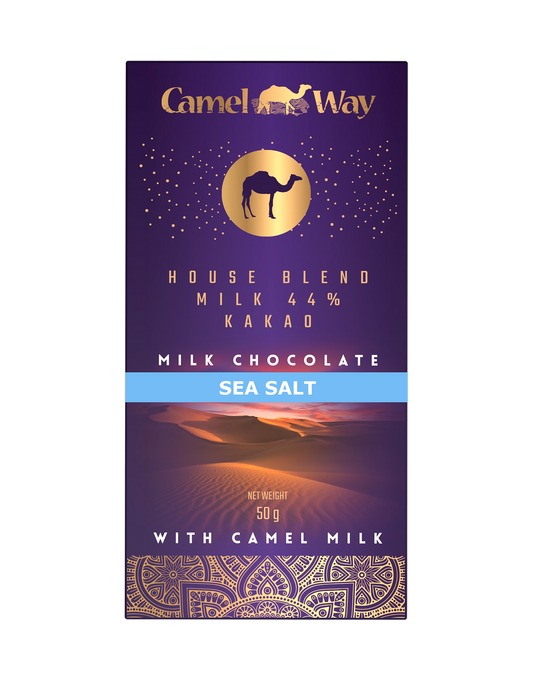
Autism and camel milk. Can it help you with Autism?
We have gathered information and results of scientific research on the beneficial effects of camel milk on autism-related problems. Find out more about how it can help you cope with autism.

What exactly is Autism and ASD?
Autism Spectrum Disorder (ASD) is a developmental condition that emerges in early childhood and can shape an individual's life significantly. Characterized by challenges in social skills, repetitive behaviors, speech, and nonverbal communication, alongside distinct strengths and differences, ASD affects approximately 1 in 100 people globally. Management of ASD is multifaceted, often requiring lifelong care and intervention.
Recent biomedical research has opened new avenues for managing ASD, with camel milk emerging as a potential complementary intervention. Studies have suggested that camel milk may provide various bioactive components beneficial in ASD due to its unique composition.

Nutritional Profile and Immune Modulation
Camel milk is rich in antioxidants, minerals, and immunoglobulins, which may contribute to its therapeutic effects. A study from Baba Farid Center for Special Children (BFCSC) and the National Research Center on Camel (NRCC) highlights how camel milk's nutritional profile can support the physiological needs of children with ASD. The antioxidants found in camel milk are crucial in combating oxidative stress, which is frequently observed in ASD. The rich mineral content, including high levels of zinc and magnesium, plays vital roles in neurological function.

Gastrointestinal and Immune Benefits
Many individuals with ASD experience gastrointestinal sensitivities and immune dysregulation. Camel milk's absence of β-lactoglobulin, a significant allergen in cow's milk, makes it a suitable alternative for those with food sensitivities. Anecdotal evidence from parents suggests that children with ASD who consume camel milk may experience improvements in gastrointestinal issues, skin health, and sleep patterns.

Behavioral Improvements
Behavioral challenges are a core aspect of ASD, and managing them is critical for improving quality of life. The BFCSC and NRCC study observed behavioral improvements in children with ASD after incorporating camel milk into their diet. While the exact mechanisms are not fully understood, it is hypothesized that the enhancement of antioxidant defenses and the modulation of immune responses play roles in these behavioral changes.

Unique Immunological Factors
Camel milk contains nano-antibodies, which are small-sized immunoglobulins capable of penetrating human cells and potentially neutralizing unrecognized antigens.
This could explain the immunological balance observed in camel milk consumers, addressing the autoimmune aspects of ASD and autism.

Allergenicity and Intolerance
The absence of beta-casein and β-lactoglobulin in camel milk not only reduces the risk of allergenic reactions but may also aid in balancing immune responses, potentially alleviating allergic reactions to other foods, including cow's milk.
In conclusion, while camel milk should not be seen as a cure for ASD, it holds promise as a supportive dietary element. It offers a rich nutrient profile, immune-regulating properties, and a low allergenic risk, making it a candidate for inclusion in the dietary management of ASD. Further research is needed to fully understand its role and efficacy, but the current evidence suggests that camel milk could be a beneficial addition for those seeking alternative or complementary options in Autism and ASD management.
Article sources and scientific research
Behavioral Benefits of Camel Milk in Subjects with Autism Spectrum Disorder (PMID: 26577969)
https://pubmed.ncbi.nlm.nih.gov/26577969/
Effect of camel milk on thymus and activation-regulated chemokine in autistic children: double-blind study (PMID: 24375082)
https://pubmed.ncbi.nlm.nih.gov/24375082/
Patient Report: Autism Spectrum Disorder Treated With Camel Milk
https://www.ncbi.nlm.nih.gov/pmc/articles/PMC3865381/
Recommended products for you
-
Camel Milk Powder 300g (25% fat). Non-allergenic milk for everyone.
Vendor:CamelWayRegular price €54,90Regular priceUnit price / per -
Handmade Camel Milk Chocolate 50g. 44% Kakao.
Vendor:CamelWayRegular price €7,99Regular priceUnit price / per -
Handmade Camel Milk Chocolate - With Sea Salt - 50g. 44% Kakao.
Vendor:CamelWayRegular price €7,99Regular priceUnit price / per



